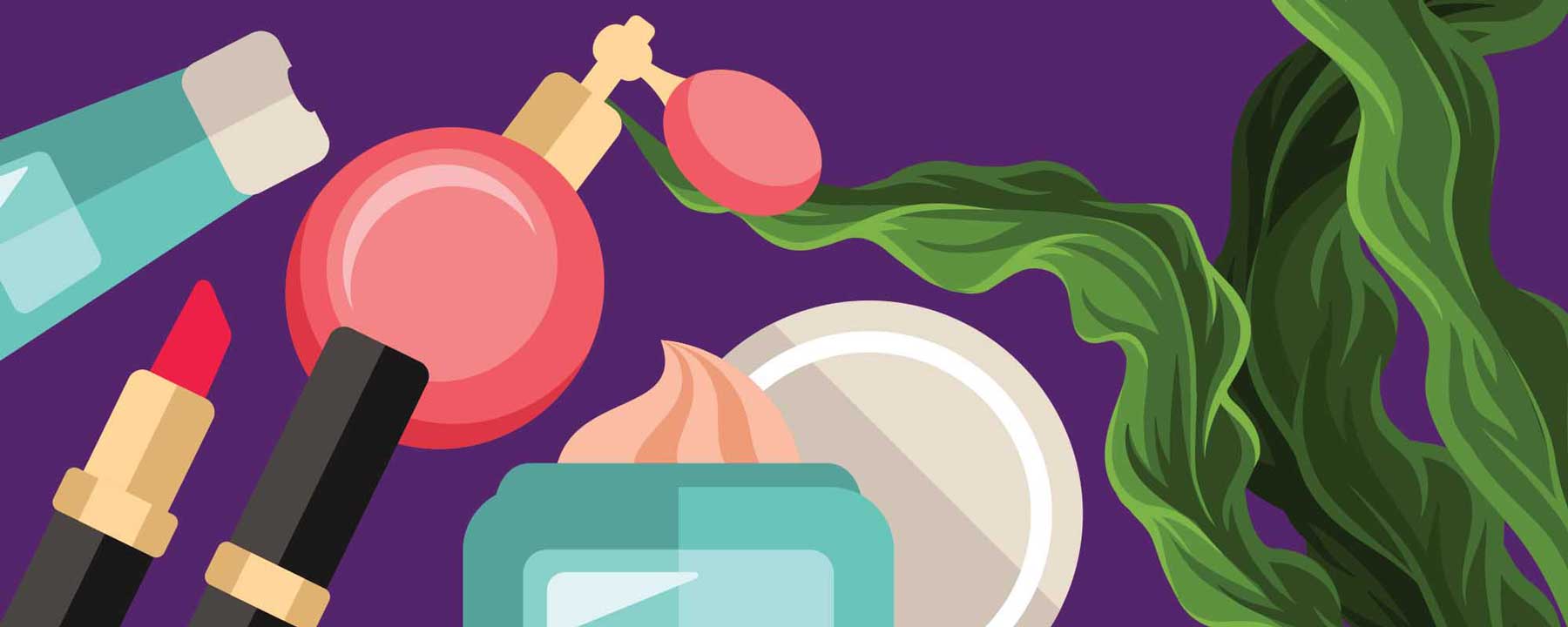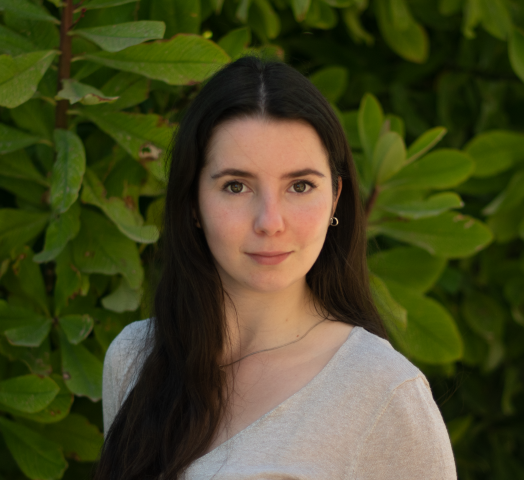Sustainability is a key concern for modern consumers, the cosmetic industry is no exception. Cosmetic brands are looking for more eco-friendly solutions for their beauty products. Antonia Ribeiro interviews local start-up ALKA, which aims to grow algae to create a sustainable source of cosmetic components.
Climate change, Covid-19, economic decay. We live in a world that forces us to adapt, but if we are to rise to modern challenges, we need to consider the world’s needs first. Most of today’s problems can be traced to environmental issues, even this pandemic. By using half of our space just for food production and severely polluting our oceans, we are transforming our home, pushing natural disasters, speeding mass extinctions, and making Earth unlivable. Global measures like the Paris Agreement are major steps in the fight for balance, but individual, everyday measures are just as important in the global war against climate change. And the battle starts with the consumer.
Maltese start-up Alka Ocean Products (based at the University of Malta’s business incubator TAKEOFF) is rooted in a circular business model and sustainability. Alka was created by Nicola Muscat and Michael Borg in the Spring of 2019. Muscat has been swimming since she was four years old and has represented Malta in the Olympics twice. These experiences deeply anchor Alka to a sense of love for the sea and respect for the environment. ‘I’m very passionate about our seas, so that’s where the idea really came from. For me it feels like it all comes together,’ the founder explains.
Alka specialises in the production of algae for cosmetic purposes. The company extracts specific constituents with anti-aging and anti-inflammatory properties from the algae they grow. These constituents, or by-products, can be sold to cosmetic companies that add them to skincare products to boost their effects. Such a business-to-business approach has the potential to change the cosmetic industry at its core. It may alter the environmental impact of big-name brands that source their raw materials from sustainable companies like Alka.
Fashion Finances
The project started as an idea to sustainably produce biofuel and food. However, biofuel production requires too much space, and Maltese algae species aren’t ideal for this (even those categorised as edible can be toxic for humans because of adsorbed pollutants). The natural skincare market is lacking in options, and according to Muscat, the specific algae species Alka has adopted is underutilised in the industry. Another plus of transforming from a biofuel company to a beauty manufacturer is the profitability of the whole process. It is much easier to produce a small quantity of a high-value product, such as cosmetics. Biofuels need to be manufactured on a very large scale to achieve the same profitability.
Research from McKinsey hints to a consumer mentality shift in the past few years. For example, in the United States, 66% of people would pay more for a green product, and 42% of millennials look for transparent brands that show their products’ ingredients. This growing eco-consciousness in the market opens space for green cosmetic companies like Alka.
The company looks for a concrete client profile: luxury, nature-based brands. Alka aims to be an eco-friendly brand that utilizes the local assets Malta has to offer. The project is still in its initial stages. So far, ALKA has been successful in growing the algae at a small scale, in their home laboratories. The next phase will be growing in scale and developing the extraction process to obtain the active compound produced by the algae. This will be a ‘make it or break it’ moment, since the success of the company relies on the extraction’s feasibility. The algae by-product must have the required quality to be used in cosmetics, whilst the process can’t be more expensive than the compound itself.
Overcoming challenges
Starting a company from scratch brings countless challenges. Muscat and Borg are figuring out how to obtain their product in the most efficient and sustainable ways. As an example, Muscat explains that ‘it’s not possible to keep a sterile environment, because we are using salted water and we need the spores to grow there.’ The spores are the cells from which a new alga will grow through germination. If spores die when added to the water, algae will not reproduce. Getting the right amount of UV light, maintaining salinity and oxygen levels, and assuring attachment of the algae to the substrate are other technical problems that arise in a controlled growth environment. Muscat laughs the difficulty off: ‘It’s funny because when you don’t want algae to grow, they grow, but when you do want them…’
But challenges don’t stop here. Starting a business also brings bureaucratic and economic headaches. One of the bigger issues ALKA has faced is Malta’s mentality: ‘Malta isn’t start-up based,’ Muscat laments, so the process takes time. Nonetheless, having so many things happening at the same time forced her to learn and adapt to new problems. To speed up the whole process, the founders created their own lab at home. This may sound bizarre, but buying their own material turned out to be easier, cheaper, and quicker.
Despite all the difficulties, Muscat’s love for entrepreneurship may well be due to the uncertainty of her routine. Skeptical of typical day-to-day jobs, she enjoys the unpredictable nature of her work. Challenges and learning come hand in hand, which is why Muscat advises younger generations looking to venture into the entrepreneurial world to not be afraid — just dive in.
Future
ALKA’s ultimate goal is to grow their algae at sea in a fully circular model. But evolving from a land-based laboratory to open sea can bring hardships. The growth environment becomes unregulated, and factors like nearby fish farms can affect algae growth as well as the quality of the finished product. Change means new tests to determine, once again, the best way to grow their macroalgae.
A circular model of production is the most sustainable and efficient. Muscat explains that the model is a small, controlled environment that could be adopted by fish farms. If the fish were to grow in proximity to algae, moss, and small crustaceans, the conditions would mimic natural ones. In this small ecosystem, fish would feed from the crustaceans, while their waste products would be absorbed by moss and algae, therefore generating a cycle of self-sufficiency. Problems that usually arise from fish farms, such as the accumulation of toxic chemicals in fish later consumed by humans, would be solved. This would require collaboration with fish farms. For these reasons, at least in the short-term, Alka will produce its products on land.
Alka may be taking its first steps into the gigantic entrepreneurial world, but it embodies the ideal of economically viable eco-consciousness. Muscat and Borg have risen above the unique difficulties they have faced — how many of us may say they have a laboratory at home, after all? Not to mention starting a business right before a global pandemic — and as a result are now preparing for their next leap forward.
Further Reading
Ministry For Education and Employment. (2017). The State of Digital Education. Engaging with Connected, Blended and Open Learning.






Comments are closed for this article!